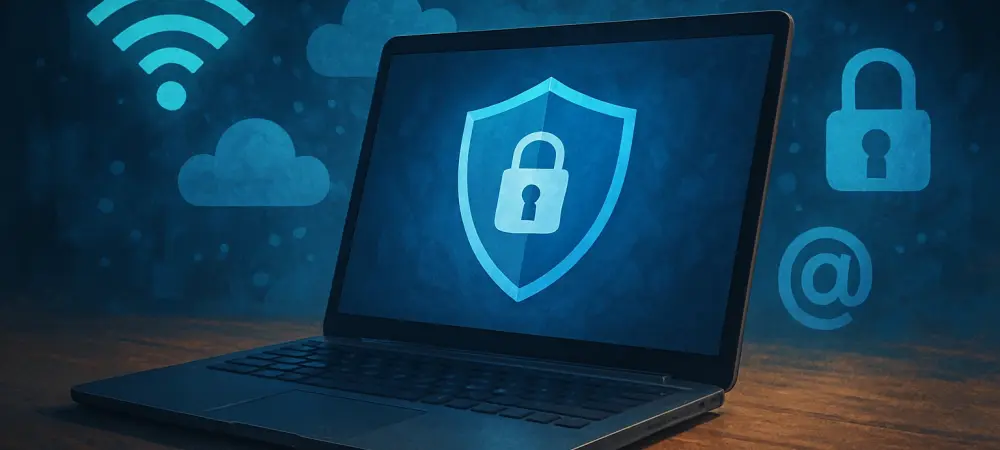I’m thrilled to sit down with Dominic Jainy, a renowned IT professional whose expertise in artificial intelligence, machine learning, and blockchain offers a unique perspective on the evolving landscape of internet privacy and cybersecurity. With a passion for exploring how technology shapes industries, Dominic is the perfect guide to help us navigate the complex issues surrounding recent porn bans, the surge in VPN usage, and the emerging risks and restrictions tied to these tools. In our conversation, we dive into the implications of new legislation in the U.S. and Europe, the dramatic rise in VPN adoption as a workaround, the hidden dangers of malicious VPN apps, and the controversial proposals to limit VPN access. Join us as we unpack these critical topics affecting internet freedom and personal security.
How have recent porn bans and restrictions in the U.S. and Europe reshaped the way people access online content?
Well, we’re seeing a wave of legislation aimed at controlling access to adult content, with varying approaches across regions. In the U.S., several states have introduced laws that either block adult websites outright or require strict age and identity verification. In Europe, the U.K. stands out with its Online Safety Act, which mandates age checks for accessing porn sites. These measures are fundamentally altering user behavior—many are turning to tools like VPNs to mask their locations and bypass these restrictions. It’s a clear sign that local laws are struggling to keep up with the borderless nature of the internet, and it’s creating a ripple effect on privacy and access.
What’s driving the massive spike in VPN usage, especially in places like the U.K.?
The numbers are staggering—reports show VPN signups in the U.K. surged by over 1,400% right after the Online Safety Act took effect, and subscriptions for some providers jumped by 1,000%. This isn’t just a trend; it’s a direct response to legislation that users perceive as invasive. People are using VPNs to appear as if they’re browsing from countries without these restrictions, accessing sites that would otherwise be blocked or monitored. It’s a practical workaround, but it also highlights a broader demand for privacy in an era of increasing digital oversight.
What are some of the risks associated with this sudden rush to download VPNs, particularly for less tech-savvy users?
The biggest concern is the proliferation of malicious VPN apps. As demand spikes, threat actors are quick to exploit it by disguising malware as legitimate VPN services. These fake apps can steal sensitive data—think browsing history, financial credentials, even private messages. Google has warned about this, emphasizing that many of these apps mimic trusted brands or use clever social engineering tactics. The risk is especially high with free VPNs, which often lack the security protocols of paid services and may even sell user data to third parties. It’s a classic case of a solution becoming a problem if you’re not careful.
There’s growing concern about VPNs routing data through servers in countries like China or Russia. Can you explain why this is such a big issue?
Absolutely. Studies have found that some VPNs, even those marketed as secure, communicate with servers in high-risk jurisdictions like China or Russia. This is problematic because data routed through these servers could potentially be accessed by foreign entities, including state actors or tech firms with ties to governments. For users trying to protect their privacy, this is a massive betrayal—your entire internet activity could be exposed to surveillance. The challenge is that it’s incredibly hard for the average person to know where a VPN’s infrastructure is based, as many providers obscure their true operations behind shell companies.
With proposals in the U.K. and some U.S. states to restrict VPN usage, what’s the rationale behind these moves, and how might they impact users?
The stated goal, especially in the U.K., is often about protecting children from harmful content. There’s talk of requiring age verification for VPNs themselves or outright banning their use by minors. In the U.S., states like Wisconsin are drafting bills that could make it illegal to use VPNs to access adult content. The reasoning is that VPNs undermine legislative efforts to control access to restricted material. However, these proposals risk setting a dangerous precedent for internet freedom. VPNs are vital for privacy, especially in oppressive regimes, and restricting them in Western democracies could embolden other countries to do the same, ultimately harming everyday users who rely on them for security.
What advice do you have for our readers who are considering using a VPN to protect their privacy or bypass restrictions?
First, do your homework. Stick to reputable, well-known VPN providers, ideally based in privacy-friendly countries, and be wary of free options—there’s often a hidden cost, like data harvesting. Always download from official app stores, as sideloading apps can expose you to malware. Beyond that, understand that VPNs aren’t a silver bullet; they’re a tool, and their effectiveness depends on how you use them. Lastly, stay informed about legislation in your area. The landscape of internet privacy is shifting fast, and knowing your rights—and the risks—can make all the difference.

